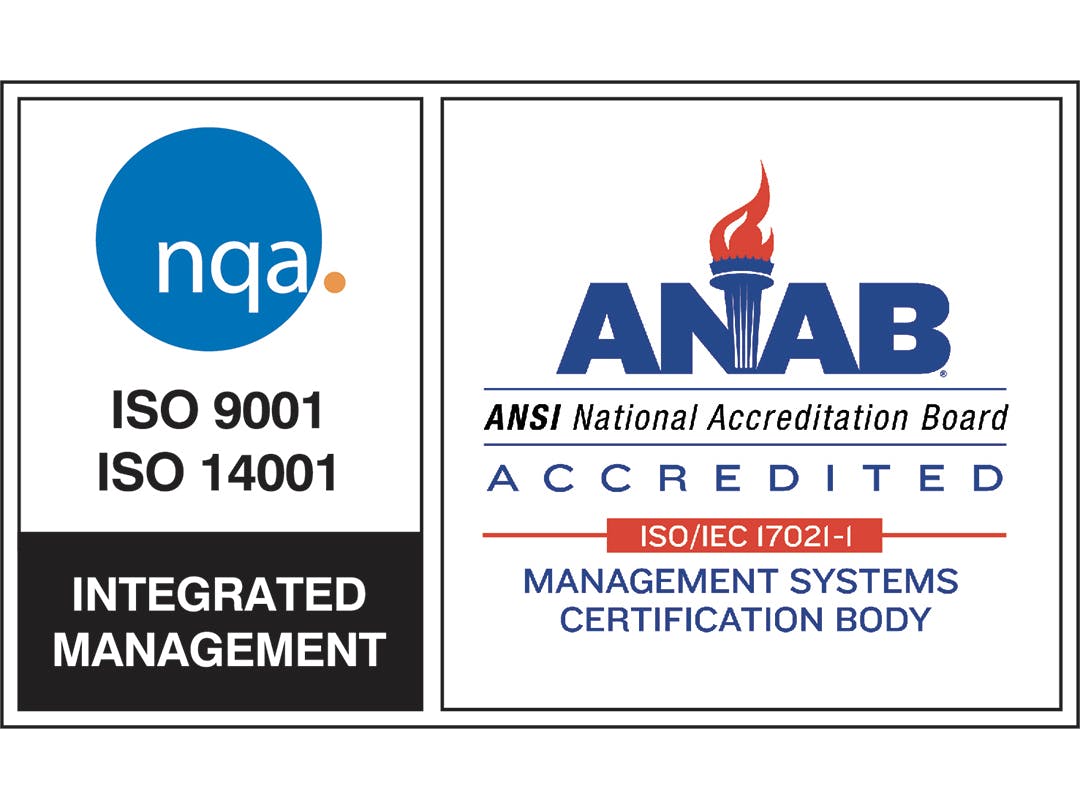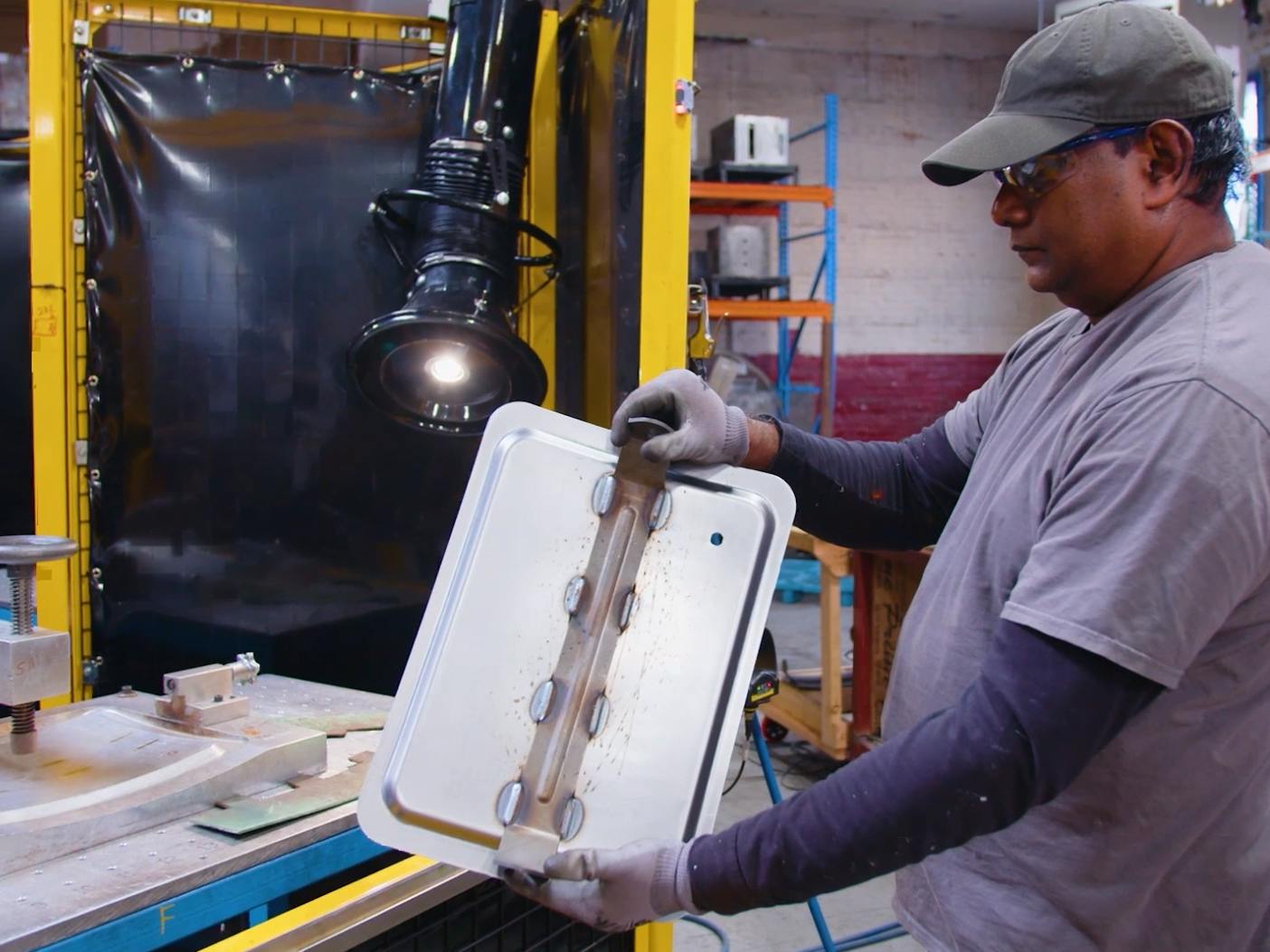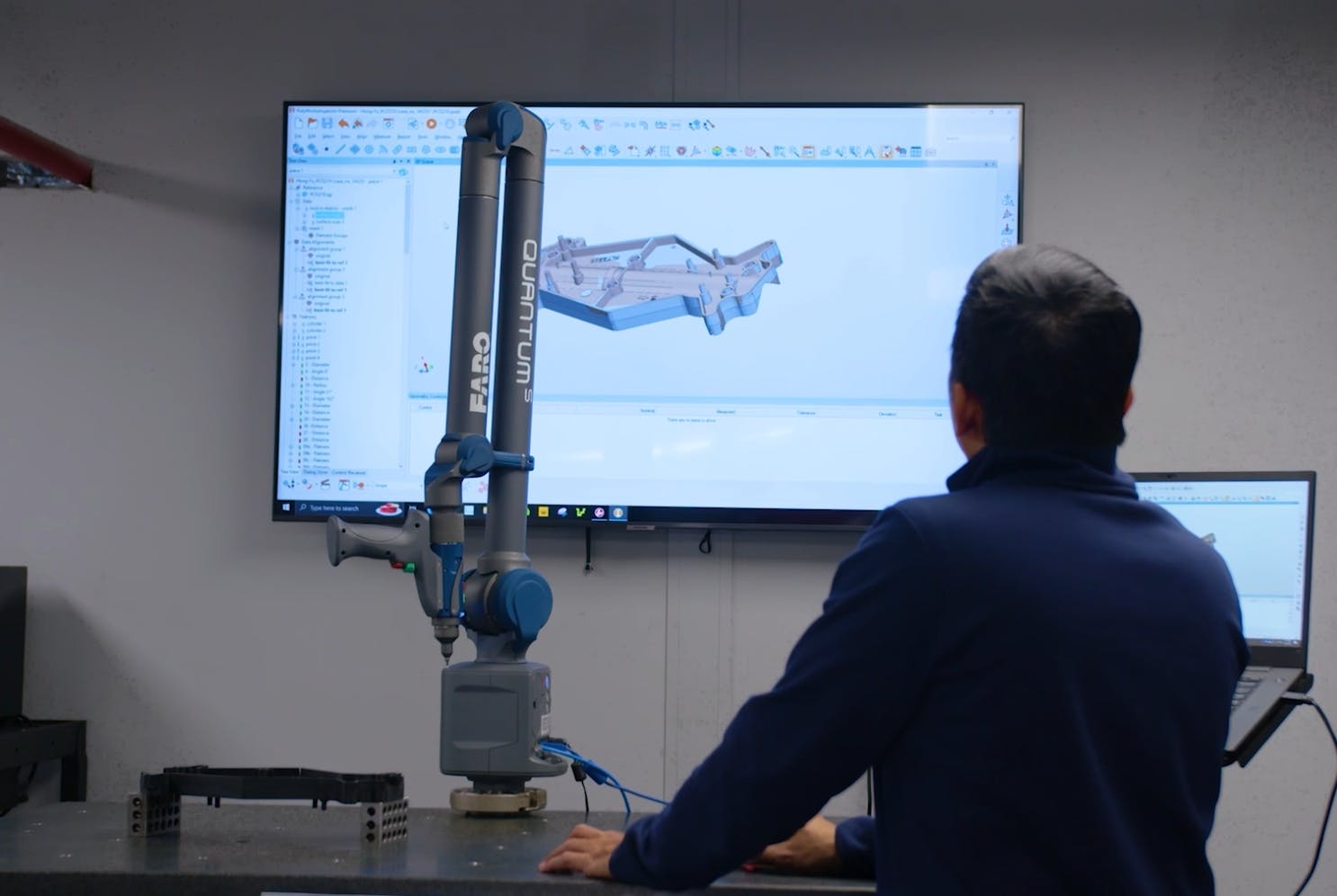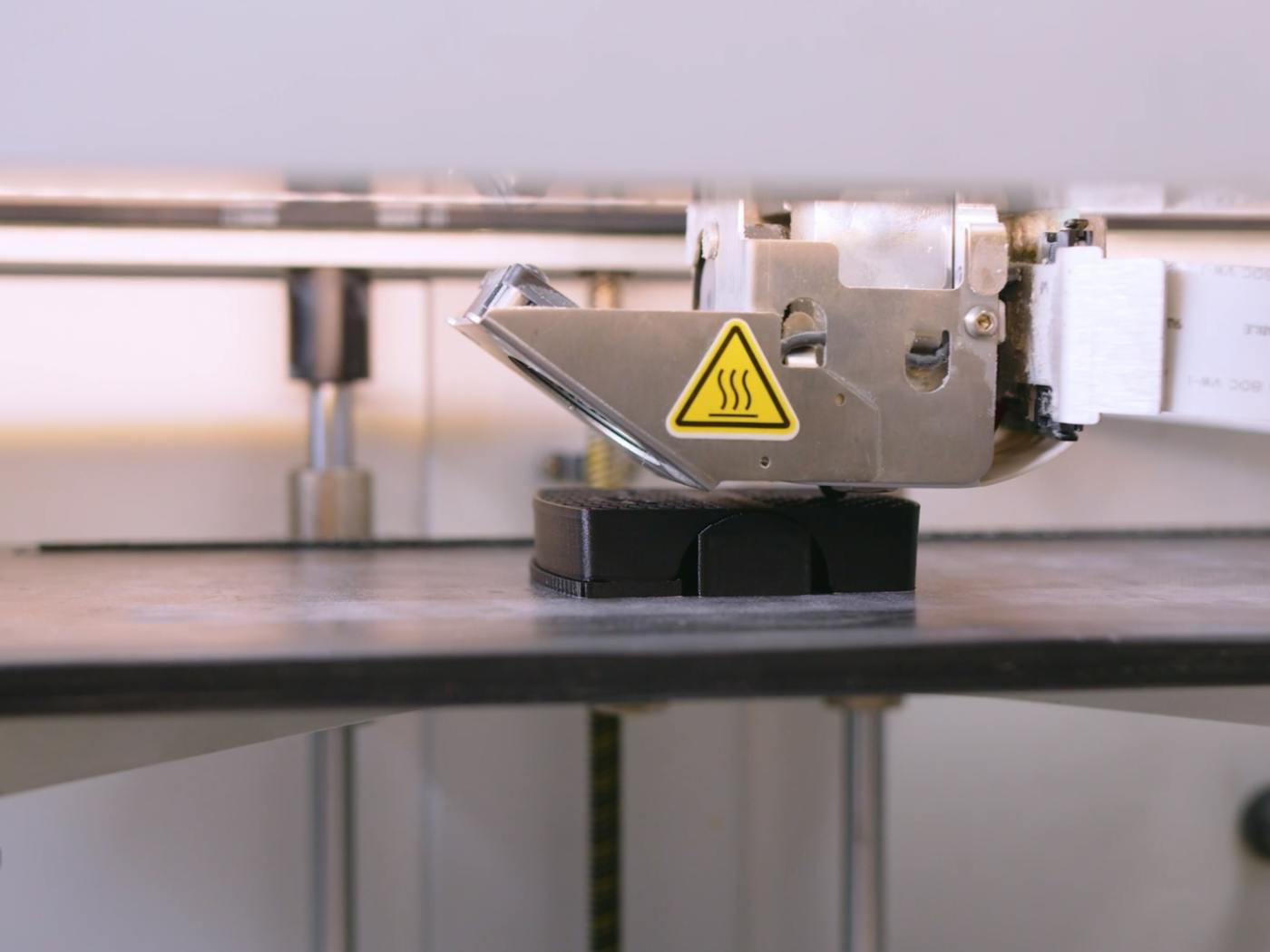Rosco ISO Certifications
Our customers are at the heart of everything we do. We are dedicated to delivering products that not only meet but exceed your expectations. Our commitment to quality is unwavering, and it drives us to continuously innovate and improve.
We adhere to the highest standards of quality control, ensuring that every product we offer is reliable, durable, and crafted with precision. Our team of experts works tirelessly to source the best materials and employ cutting-edge technologies, guaranteeing that you receive only the finest products.
Your satisfaction is our top priority, and we are proud to stand behind the quality of our offerings. Trust Rosco to provide you with exceptional products that enhance your life and meet your needs.

Quality you can trust
Rosco Vision is committed to providing customer satisfaction and quality products supported by employee participation and continuous improvement through the quality management system.

At Rosco, we are committed to minimizing our environmental impact and promoting sustainability in all aspects of our operations. Our policy outlines our dedication to environmental responsibility, prevention of pollution, and our commitment to complying with relevant legislation and regulations. We achieve this with the implementation of an effective management system driven by our employees and management who consistently drive continuous improvement.
Meet our quality team
Our Quality Team is comprised of experts in various fields, including engineering, materials science, and quality control. They work collaboratively to implement rigorous testing protocols, conduct thorough inspections, and continuously improve our processes. Their attention to detail and unwavering dedication guarantee that you receive products that are not only exceptional but also consistent in quality.
The types of testing we perform
Laser scanner-FARO arm used for FAIs and reverse engineering
The Faro arm measures and verifies the dimensions, tolerances, and geometries of manufactured and purchased parts and components. It ensures that the produced parts meet the required specifications and intended design.
Salt Spray Testing: Compliant with ASTM B117 Standard
A standard method for evaluating how well metallic materials resist corrosion when exposed to a salt spray or salt fog environment. This in-house testing ensures Rosco's powder coating system's adhesion and corrosion resistance capability.
Thermal Cycling: -40°C to +85°C Range
Thermal cycling exposes DUT (Device Under Test) to varying humidity and extreme temperature conditions ranging between -40°C to +85 °C for specified durations to ensure that the physical and electrical functionalities of the DUTs are not compromised.
Transient Testing for Electronic Equipment
Electronic equipment is subjected to transient testing, also known as Electrical Fast Transient (EFT) or Burst Testing, to evaluate its ability to withstand sudden changes in voltage or current.
ESD (Electrostatic Discharge) Testing on Electronic Components
Electrostatic discharge (ESD) testing of electronic components assesses how well a device can withstand a sudden burst of static electricity. It simulates the potential damage that could occur when a person touches a sensitive component, checking whether the device will malfunction or be damaged by a static shock during normal handling or operation. This test is vital to ensure the reliability and safety of electronic products.
Ball Drop Test on Tempered Glass: Compliant with ANSI Z26.1 Standard
The ball drop test is a standard procedure for evaluating the impact resistance of tempered glass. In this test, a steel ball of a specific weight is dropped from a predetermined height onto a horizontal specimen of tempered glass.
Distortion Measurements on Tempered Glass: Compliant with ASTM C1651
Distortion measurements on tempered glass are used to determine the distortion glass may exhibit due to a thermal or chemical tempering process. Testing for distortion measurements on tempered glass involves using a specialized 3-point contact wave gauge with a digital indicator readout that measures peaks and valleys on the glass surface. The equipment allows automatic direct entry of measured roller wave data into a spreadsheet using the button on the digital indicator or on a remote cable, and the output of the result is measured in millidiopters.
Hardness Testing on Metal and Rubber Components
Hardness testing in manufacturing, whether on metal or rubber components, is a method to measure a material's resistance to permanent deformation by applying a controlled force with a specialized indenter, essentially gauging how easily a material can be scratched or indented, thus providing information about its strength and suitability for a specific application; this test is often used as a quality control measure to ensure consistent material properties through production. We perform HRC (Rockwell Hardness Scale C) and HRB (Rockwell Hardness Scale B) testing to evaluate the hardness of metal and rubber components.

